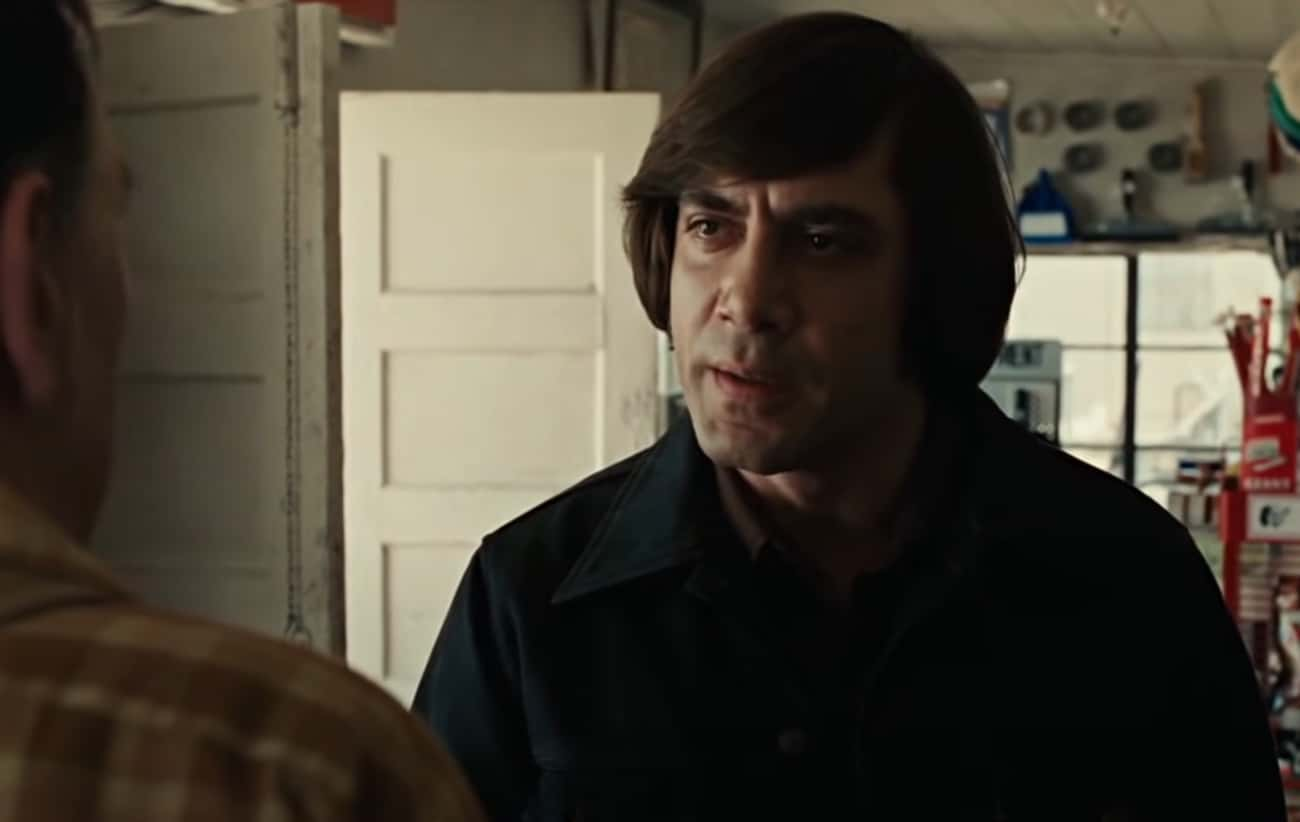Games, Attitude, and “The Baller Lifestyle”
Ballin’ in a world full of negativity through personal development.
Foreword
I kept searching for meaning in life, and then I realized, probably like many other people before me, that it was up to me to make life meaningful.
There are many people who have very “profound” things to say on the topic of ‘being a baller’. Being profound is not my intention, although it is a welcome side effect. My intention is to talk about a few interesting properties of the conscious experience as it relates to ‘being a baller’.
As a society, we revere professional athletes for a variety of reasons. They are ballers in the literal sense. These athletes devote their lives to the game, gain fame, and vast sums of money. Even in these groups there are some that are the best of the best in their craft. Some of these players have an extraordinary level of focus and dedication to the game, and some can rise to the top through their skill even against more gifted athletes.
Contents
- Life is a Game
- Value Crafting
- Vision & Strategy
- The Pits
Life is a Game

If You Don’t Know What You Want, You’ll End Up With A Lot You Don’t — Fight Club
Let’s take the perspective of looking at life as a game. You can view any particular aspect of life as a game, i.e., the career game, the bachelor game, the run a marathon game, the learn to fly a plane game, etc. Which game you play, or whether you even play a game, is up to you. To play the game, you need to find out what you want. Do you know what you want? If you do, you will probably encounter some adversity while trying to get what you want. If you don’t, then this article isn’t for you. Just kidding, there are two reasons for why you don’t know what you want: 1) you already have it 2) you haven’t thought about it. Knowing what you want leads to personal development. The Bible has some practical advice on this, “Ask and you will receive”. But it is possible that you can just do things on a whim, like Forrest Gump, and while a complete idiot is not to be trifled with, most people have a reason for wanting to do something. Having good reasons for pursing your interests strengthens your resolve and can remove mental obstacles.
You are playing the game whether you know it or not, and if you do not take the game seriously, you could miss out on opportunities to make a positive impact on the people around you. You need goals and you need to become the person who can complete those goals. This means taking on responsibility, which is a good thing because taking on responsibility can have the effect of reducing personal suffering, creating purpose in life, and allowing you to help others. By not taking responsibility, you run the risk of missing out on chances to get stronger, more disciplined, and to make connections. Anton, in No Country for Old Men, said it best as “you’ve been it putting up [a bet] your whole life, you just didn’t know it.”
There are many ways to play the game. Maybe your are driven by a child-like curiosity about the world that enables you to keep trying new things and exploring. Maybe you are interested in the personal development and fulfillment that comes from taking on a challenge such as attracting wealth, relationships, and improving your health. And maybe you find satisfaction in finding out what you are capable of and doing things that are difficult that not many other people can do.
Value Crafting

If what you are doing doesn’t make you feel valued or does not provide value to anyone, fuck what you are doing and do something else — Rohan Kotwani
You can become confident in the choices you make and the risks that you take by developing a personal philosophy and a set of principles. By having confidence in your ability to succeed, it becomes easier to learn, lay out your plans, and to put in the work. Don’t decided live a mediocre life by having a set of principles that do not help you. Ignorance is not bliss, and a bit of knowledge can save you a lot of time and money. Learn about everything, the small, the big, the shallow, and the deep, and create a straight road forward.
Your personal philosophy should create a deep meaning, or “value”, for yourself and others. But what really is “value”? One interpretation of “value” is that it is the appreciation of something for its saliency, or its unique qualities. If we truly appreciate something, we start to feel good about what we are doing and not just for the end result. And if we truly enjoy what we are doing, you can have sudden burst of creativity to help you break the “static friction” or hesitation to get started, especially if you need to complete a boring or tedious task. We can also look at “value” from a neurological perspective. Specifically, the major reward system in the brain, dopamine, can be viewed as the universal currency that represents power and potential within ourselves. Dopamine is linked to the anticipation of rewards that drives individuals towards their goals and imagine a better future.
By gaining an awareness of what we truly appreciate, new possibilities, ideas, and inspiration emerge. Believe it or not, what we appreciate, or prefer, can be influenced by yourself and the environment. It is possible to craft a set of principles by adjusting your attitude to prefer goals that give meaning to your life, and unless your goal is to live off the land or become a Zen Buddhist, life’s meaning will be intertwined with those around us.
To begin crafting your principles, and by extension what you appreciate, you need to visualize your ideal outcomes. This can be done through a hypnotic conversation with your subconscious mind in which your imagination leads to thoughts which leads to action. This manifestation is not magical, and in fact, it can be difficult to compare yourself, of how you are now, to who you need to be to achieve your goals. Entering a trace-like state can mitigate any potentially negative thoughts or feeling during this process. While in this state, you can send powerful, positive, and peaceful hypnotic messages to yourself.
However, also, be careful of how suggestions from external influences may bias you towards things that may not make you feel valued. For example, might think that money, sex, and power are meaningful because of how these things are portrayed in the media. Staying at a dead end job also comes to mind. For example, companies might try to compartmentalize your work to make you replaceable in order to validate a lower salary or to outright limit your career progress. You might indeed be a valuable asset, but you might not feel that way. If what you are doing doesn’t make you feel valued or does not provide value to anyone, fuck what you are doing and do something else.
Vision & Strategy

To develop your vision of the future, you need to be sober. Being sober is not just staying away from alcohol and drugs, although that is an important component. Being sober is not having impaired judgment. For example, you could have a social media habit or be around negative people which could make it difficult to focus. Don’t spend a lot of your time on minor things, and get yourself organized. Identify your strengths, weaknesses, opportunities, and threats (SWOT), and start testing new strategies, incorporating feedback, and refining your ideas.
Hope alone is not enough. It is like developing the blueprints for a large building starting from a showcase toy model. Develop a strategy with the intention of succeeding and not losing. When executing your strategy, there is no such thing as a half-measure. Everything you do must be done with intent, and you must incorporate these intents into your daily life. Have a positive attitude, where your attitude is how you position yourself, and having a positive attitude is simply creating a beneficial position for yourself.
The timing of the execution of a strategy is important. Everyone has their own way of developing a strategy, and you should be aware of the strategies that other people use. Don’t become overfamiliar with one kind of strategy. Learn to look at things from a bird’s eye view. Don’t let yourself be influenced by your reactions to the world, but always be ready to take action. Learn to identify opportunities and to not let opportunities pass you by. By committing to your vision, you are taking on a huge risk, i.e., it is your life. Don’t risk your life without using all of your weapons. Learn the various exploits and tactics for your game.
The Pits

“You’re gunna carry that weight” — Cowboy Bebop
Having an extraordinary level of dedication to your vision, and ignoring temptations in life, is not always fun or interesting. The path to success is paved with boring and tedious tasks, and this involves putting in the work consistently. There will be days where you feel tired, spaced out, or distracted. Other days you will lose motivation, have anxiety, not feel valued, and want to quit. Often it can feel like a big monstrous object that goes up in the sky, crashes down, and does it again. Don’t let that feeling overpower you and make you lose the will to continue.
While in ‘the pits’, you might be chaotically drawn to side quests that seemingly lead you away from your vision. This could be a new job opportunity, relationship, video game, etc. Its okay if your main quest changes, but don’t use side quests as a way of avoiding responsibility. Maybe you don’t want to be a baller. Own it. Reaffirm to yourself that what you are doing is valuable and you are accomplishing what you set out for. When in doubt, you can reach out to trusted, knowledgeable people. It might also help to create short-term goals that you can complete and call ‘victories’ to build your confidence and to keep you motivated. But be careful of short-term rewards, such as, shopping for expensive clothing for the purpose of “emotional self-care”. While these short term rewards can provide a dopamine hit, they lack substance and the reward’s effectiveness diminishes over time. Again, this is totally not being a baller.
You also need to be able to make progress in a sustainable way. For example, you can make progress even if you are not feeling 100% without causing debilitating stress and/or frustration. For example, Marshawn Lynch, a prolific running back football player, took a shot and a half of Hennessy before every game. In professional football, your performance determines your success which can be potentially extremely stressful. You see? Marshawn Lynch has consistently put in the work and doesn’t need a perfect performance every game. Is drinking alcohol before work a coping mechanism? Maybe. But do what you need to do to be consistent and not give up, even if that means some form self-sabotage.
As you make progress, you will find competition, and you might eventually lose. It is okay to be vulnerable and honest about your failings because you can learn from those experiences and use that to motivate yourself further. Even if you fall short compared to other people, it is possible to make up for it by working harder, talking to more people, and removing more destructive behaviors. You may not be a lion, but you can still survive by being the fastest zebra.
Lastly, if you are part of a team, you must also understand your team’s strengths and weaknesses. You can’t always count on your team to work as hard as you. Shoulder the burden of building up your team by building up yourself first then by inspiring your team to build themselves up. Be like a pack mule. A pack mule learns to live its life with a heavy pack on its back. Its no wonder that the pack mule looks a bit sad, but the pack mule doesn’t give up. The pack mule doesn’t ask for an easier life. The pack mule asks to be stronger.
